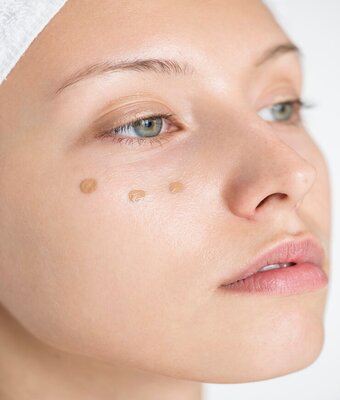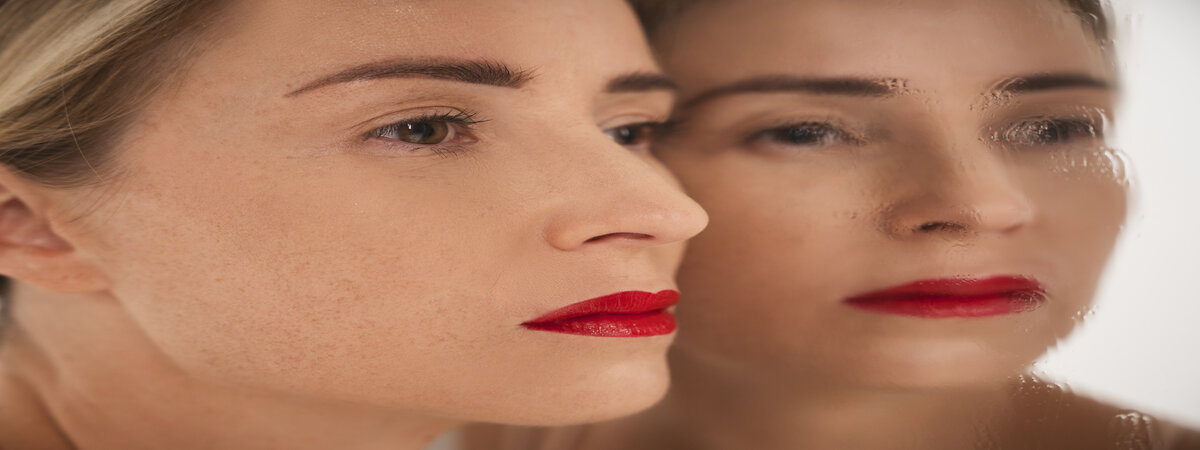
Uneven Skin Tone? Effective Solutions to Address Pigmentation Concerns
How to get rid of pigmentation on face is a question that resonates with many individuals dealing with dark spots, melasma, or uneven skin tone. These pigmentation issues often result from sun exposure, hormonal changes, aging, or skin injuries like acne scars. Fortunately, there are effective solutions to tackle pigmentation concerns and achieve clearer, more radiant skin.
In this blog, we’ll explore the causes of pigmentation, the best treatments available, and tips for maintaining an even complexion.
What Causes Skin Pigmentation Issues?
Pigmentation occurs when melanin, the pigment responsible for your skin color, is produced in excess or unevenly distributed. Several factors contribute to this overproduction, including:
Sun Exposure: UV rays trigger melanin production, leading to sunspots or age spots.
Hormonal Changes: Pregnancy, birth control pills, and hormone therapy can cause conditions like melasma.
Skin Injuries: Cuts, burns, or acne can result in post-inflammatory hyperpigmentation.
Aging: Over time, the skin’s natural ability to regulate melanin weakens, causing discoloration.
Effective Treatments for Pigmentation Concerns
1. Topical Treatments
One of the first lines of defense against pigmentation is the use of topical skincare products containing active ingredients that lighten and even out skin tone. Look for:
Vitamin C: A potent antioxidant that brightens the skin and reduces dark spots.
Hydroquinone: A dermatologist-prescribed treatment to lighten hyperpigmentation.
Niacinamide: Known to reduce inflammation and control melanin production.
Retinoids: Promote cell turnover and reduce pigmentation over time.
2. Chemical Peels
Chemical peels involve applying a solution to the skin that exfoliates the top layer, revealing fresher, more evenly pigmented skin beneath. Glycolic acid, lactic acid, and salicylic acid are common peel agents for pigmentation issues.
3. Laser Therapy
Laser treatments target specific pigment deposits in the skin, breaking them up for your body to naturally eliminate. Popular options include:
Fractional Laser Resurfacing: Stimulates collagen while targeting pigmentation.
Q-switched Lasers: Particularly effective for melasma and age spots.
4. Microneedling with Radiofrequency
This treatment combines tiny needles with radiofrequency energy to stimulate skin repair, boost collagen production, and reduce pigmentation marks over time.
5. Intense Pulsed Light (IPL)
IPL uses light energy to target pigmentation, improving skin tone and texture in the process.
Lifestyle Tips for Preventing Pigmentation
1. Prioritize Sun Protection
Sun exposure is a leading cause of pigmentation. Incorporate these habits into your routine:
Apply broad-spectrum sunscreen with SPF 30 or higher daily.
Reapply sunscreen every two hours, especially when outdoors.
Wear wide-brimmed hats and sunglasses for additional protection.
2. Avoid Picking at Your Skin
Touching or picking at blemishes, scabs, or acne can worsen pigmentation by increasing inflammation and melanin production.
3. Adopt a Consistent Skincare Routine
Cleansing, exfoliating, and moisturizing daily can improve skin health and enhance the efficacy of pigmentation treatments.
4. Maintain a Balanced Diet
A diet rich in antioxidants like vitamins C and E, zinc, and omega-3 fatty acids can help repair skin and prevent oxidative damage.
When to See a Dermatologist
If over-the-counter solutions and lifestyle changes don’t deliver the desired results, it’s time to consult a dermatologist. Our London dermatologists can assess the type and severity of your pigmentation and recommend targeted treatments. They may also rule out underlying health issues contributing to your skin concerns.
Achieving Radiant, Even-Toned Skin
Addressing pigmentation concerns requires patience and a combination of treatments tailored to your needs. Whether you choose topical remedies, in-office procedures, or preventative measures, staying consistent and proactive is key.
Your journey to radiant skin starts with understanding your unique skin concerns and taking the necessary steps to care for it. Don’t hesitate to seek professional guidance for a comprehensive approach to pigmentation treatment.
FAQ
Can pigmentation be permanently removed?
While pigmentation can be significantly reduced with treatments, complete removal depends on the cause and severity. Maintenance is often required to prevent recurrence.
How long does it take to see results from pigmentation treatments?
Results vary depending on the treatment. Topical creams may take 4–12 weeks, while in-office treatments like lasers can show improvement after 1–3 sessions.
Is pigmentation more common in certain skin types?
Yes, individuals with darker skin tones are more prone to pigmentation issues due to higher melanin levels, but it can affect all skin types.
Can stress cause pigmentation?
Indirectly, yes. Stress can worsen conditions like melasma by affecting hormone levels and triggering inflammation, which can exacerbate pigmentation.
Are there natural remedies for pigmentation?
Some natural remedies, like aloe vera, licorice extract, and turmeric, may help lighten pigmentation. However, results are often mild and take longer compared to medical treatments.


